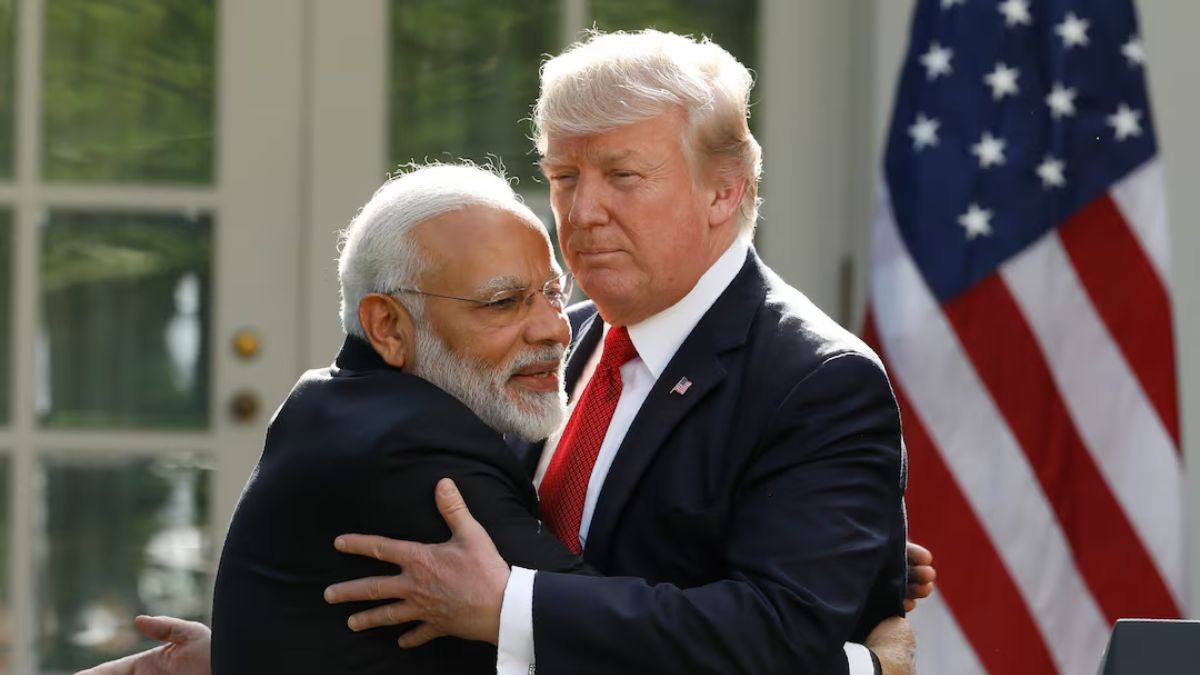New Delhi has temporarily halted plans to acquire major U.S. defense systems, including Stryker combat vehicles and Javelin anti-tank missiles, in response to steep new tariffs imposed by the Trump administration, three Indian officials told Reuters. The move marks India’s first tangible pushback after President Donald Trump slapped a 25% tariff hike on Indian goods on August 6, citing Delhi’s continued purchases of Russian oil as indirect funding for Moscow’s war in Ukraine. The punitive duties have pushed total tariffs on some Indian exports to 50%—among the highest rates faced by any U.S. trade partner.
The tensions derailed a planned Washington visit by Indian Defense Minister Rajnath Singh, who was expected to finalize arms deals during the trip, two sources revealed. While no formal freeze order has been issued, officials confirmed a deliberate slowdown, with one noting purchases could resume “once there’s clarity on tariffs and bilateral ties”—just “not as soon as expected.” India’s Defense Ministry later denied reports of paused negotiations, calling them “false and fabricated” in a statement and asserting procurement follows standard procedures.
The stalled deals include $1 billion worth of General Dynamics’ Stryker armored vehicles and Raytheon-Lockheed Martin’s Javelin missiles, key to India’s military modernization. The impasse underscores the fragility of U.S.-India defense ties, which had strengthened in recent years as Washington became India’s second-largest arms supplier. Delhi has protested the tariffs as unfair, pointing to continued Western trade with Russia when convenient.
Analysts see the pause as calibrated pressure by Prime Minister Narendra Modi’s government, which faces domestic scrutiny over perceived U.S. overreach. Trump’s volatile trade history—including abrupt tariff reversals—leaves room for quick de-escalation. But with both sides digging in, the standoff risks delaying India’s military upgrades and complicating Washington’s strategy to counter China via partnerships in the Indo-Pacific. As talks continue behind closed doors, the defense trade freeze serves as a stark reminder of how economic spats can undermine strategic alliances.



